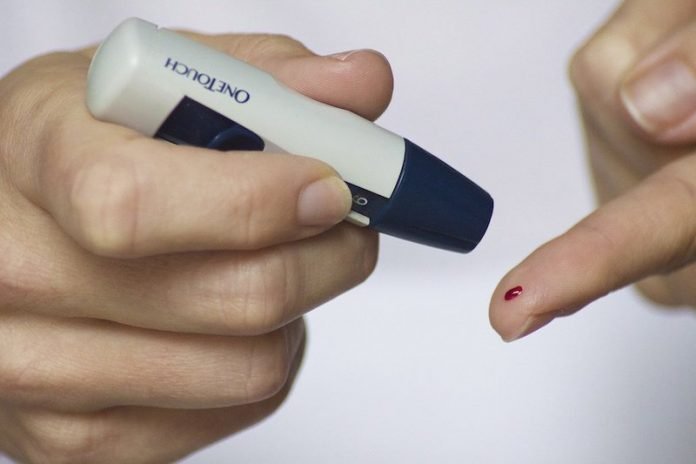
In a new study from Nanyang Technological University and elsewhere, researchers have developed a simple method to detect blood vessel inflammation in diabetic patients.
They found a way to extract tiny biological particles from a person’s blood and use them as biomarkers to assess the health of their blood vessels.
The biomarkers are nanoscale particles called extracellular vesicles (EVs) that are released by specific cells into the bloodstream. Their job is to transport biomaterials, such as proteins and nucleic acids from one cell to another.
In the study, the team showed that the blood samples from several diabetes patients had an abnormally high amount of circulating EVs secreted by immune and platelet cells (10 to 50 times more).
When these EVs (taken from the six patients with high EV counts) were added to vascular cells, they led to higher levels of vascular inflammation markers.
The results suggest that patients with high EVs in their blood may possibly be at higher risk of developing vascular complications in the long term.
The team explained how their prototype “lab-on-a-chip” can automatically separate EVs from blood samples in an hour—about one-fifth of the usual time needed using conventional blood tests.
Over 422 million people in the world have diabetes, while heart diseases account for some 31% of the deaths worldwide.
Doctors need methods to categorize the risk for diabetes and other high-risk patients long before significant damage has happened to the arteries.
This new blood test method has the potential to detect the risk early so that preventive methods can then help to limit the progression of damage to the blood vessels.
The team says this innovation is especially beneficial since it coincides with the development of novel anti-inflammatory drugs like canakinumab as well as other diabetes-specific medications like SGLT2 inhibitors which can give certain protective effects for the heart.
These medications can then be given to patients who are shown to be at a higher risk of developing heart disease. The device also has the potential to be used to assess the effect of treatments on the arteries.
If you care about diabetes, please read studies about this simple foot test can detect heart rhythm disorder in diabetes and findings of this diabetes drug may help slow down chronic kidney disease.
For more information about diabetes and your health, please see recent studies about this stuff in oranges may reduce obesity and prevent diabetes and results showing that this popular drink may help control diabetes, lower blood sugar.
The study is published in Royal Society of Chemistry—Lab on a Chip. One author of the study is Assistant Professor Hou Han Wei.
Copyright © 2021 Knowridge Science Report. All rights reserved.



